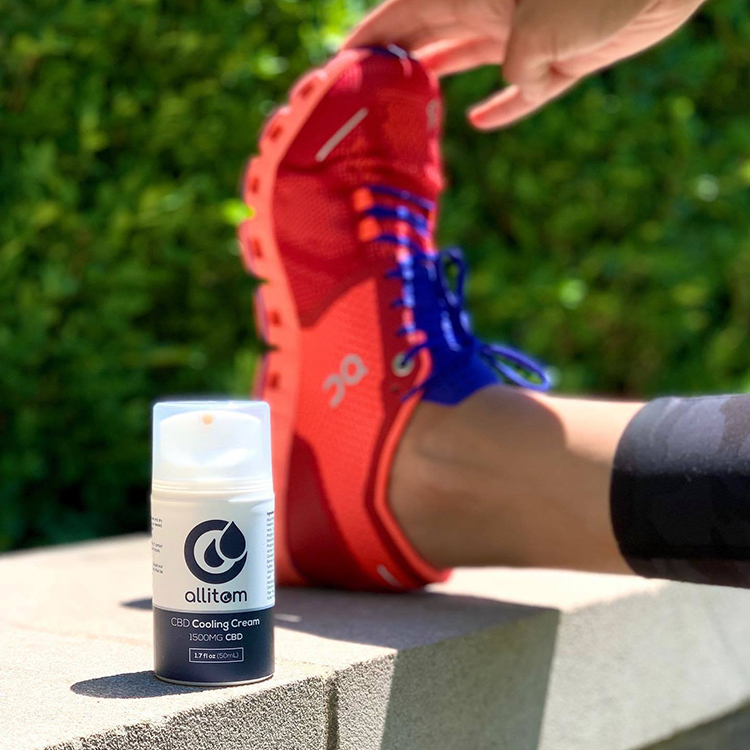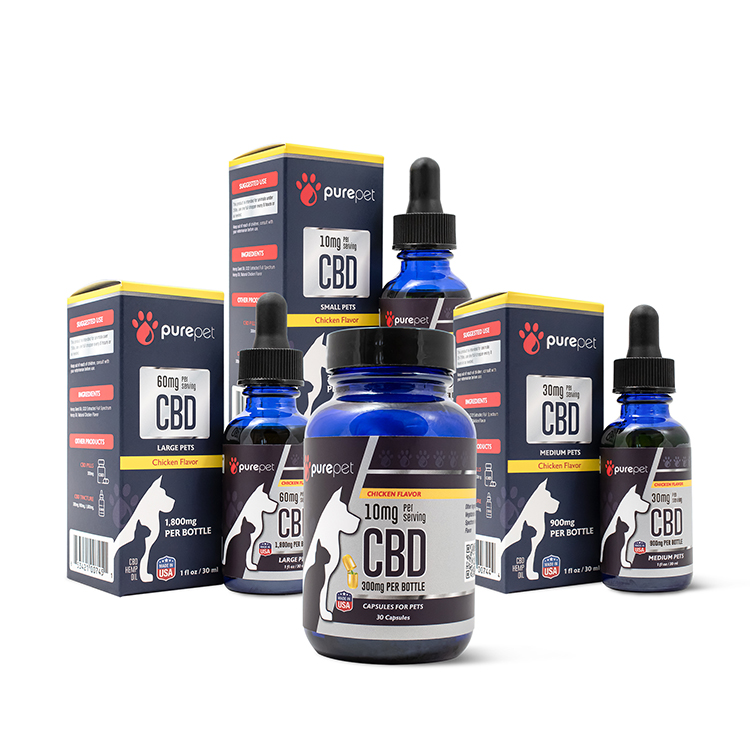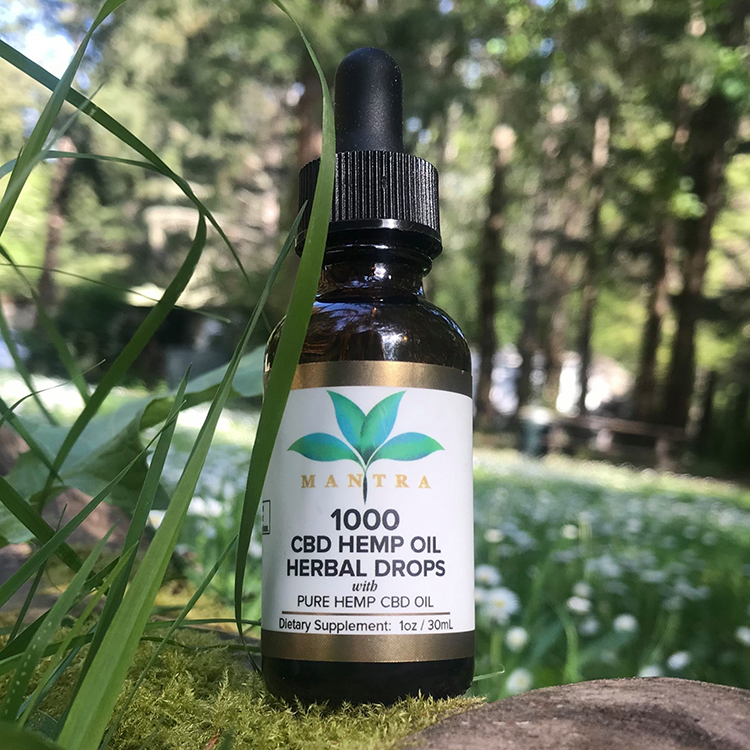CBD Labels: Everything You Need to Know for Perfect Product Packaging
This entry was posted on July 23, 2024 .
Types of CBD Labels
Creating the perfect CBD label involves understanding various types, regulatory requirements, and effective design practices. This article covers everything you need to know about CBD labels to ensure your product packaging is both compliant and eye-catching.
White Labeling
White labeling involves manufacturing products that are rebranded by other companies. For CBD products, this means you can purchase pre-made products and add your own branding and labels. This approach is cost-effective and speeds up the time to market.
Private Labeling
Private labeling allows for more customization. You work directly with manufacturers to create a unique product, which is then labeled and sold under your brand. This approach offers greater control over product quality and branding.
Requirements and Restrictions for CBD Labels


Regulatory Compliance
CBD labels must comply with federal and state regulations. This includes clearly stating that the product contains CBD, providing the amount of CBD per serving, and including a batch or lot number for traceability. For detailed regulatory information, visit the FDA’s website on CBD labeling.
Information to Include (Ingredients, Dosage, Warnings)
Your CBD label should include:
- Ingredients: List all ingredients in the product.
- Dosage: Provide clear dosing instructions.
- Warnings: Include any necessary warnings or contraindications.
- Manufacturer Information: Include the name and address of the manufacturer or distributor.
Designing Effective CBD Labels
Key Elements of Good Design
A good CBD label design includes:
- Brand Name and Logo: Clearly visible at the top.
- Product Name: Specific to the CBD product.
- CBD Content: Prominently display the amount of CBD per serving.
- Supplement Facts: Detailed information about the product's ingredients and nutritional content.
Tips for Eye-Catching and Informative Labels
- Use High-Quality Images: Ensure any graphics are clear and relevant.
- Readable Fonts: Choose fonts that are easy to read at a glance.
- Color Contrast: Use contrasting colors to make text stand out.
- Legal Compliance: Ensure all required information is included and meets regulatory standards.
Materials and Finishes for CBD Labels
Durable and Waterproof Options
CBD labels often need to withstand various environmental conditions. Durable materials and water-resistant finishes ensure labels remain intact and legible, even if exposed to moisture or oils.
Eco-Friendly and Sustainable Choices
For brands committed to sustainability, eco-friendly materials such as biodegradable or recyclable label stocks are available. These options help reduce environmental impact and appeal to eco-conscious consumers.


Best Practices for CBD Labeling
Ensuring Clarity and Legibility
Labels should be easy to read, with clear fonts and sufficient contrast between text and background colors. Avoid clutter by organizing information logically.
Maintaining Brand Consistency
Consistency in label design helps reinforce your brand identity. Use the same color schemes, fonts, and logo placement across all product labels to create a cohesive look.
Special Considerations for Cannabis Labels
Differences Between CBD and THC Labels
While CBD labels focus on CBD content, THC labels must also include information about THC content and potency. Additionally, THC products may have stricter regulatory requirements and warning labels.
State-Specific Requirements
Different states have varying regulations for cannabis labeling. Ensure your labels meet the specific requirements of each state where your products are sold. This may include specific warning texts, symbols, or testing information.


When to Use Different Types of Labels
Product Launches and Rebranding
Use new label designs for product launches or rebranding efforts to attract attention and highlight changes. This can help differentiate new products from existing ones.
Seasonal and Limited-Edition Products
For seasonal or limited-edition products, special labels can create a sense of urgency and exclusivity. Use unique designs or finishes to make these products stand out.
Wrapping it up
Creating the perfect CBD label involves understanding types, regulatory requirements, and design best practices. By focusing on compliance, clarity, and brand consistency, you can create effective labels that attract customers and build trust.
FAQ: CBD Labels
What are the legal requirements for CBD labels?
CBD labels must include the product's CBD content, ingredient list, dosage instructions, warnings, and manufacturer information. Compliance with state-specific regulations is also necessary.
Can I use the same design for CBD and THC products?
While some design elements can be consistent, ensure that THC labels meet additional regulatory requirements, including THC content and specific warnings.
What materials are best for CBD labels?
Durable, waterproof materials are ideal for CBD labels to withstand various conditions. Eco-friendly options are also available for sustainable branding.
How do I ensure my CBD labels are compliant with state regulations?
Research and adhere to the specific labeling requirements for each state where your products are sold. Consult legal experts if necessary to ensure full compliance.
Where can I get high-quality custom CBD labels?
You can get high-quality custom CBD labels from Lightning Labels.

 Custom Labels
Custom Labels  Custom Beverage Labels
Custom Beverage Labels  Custom Lip Balm Labels
Custom Lip Balm Labels  Custom Warning & Safety Labels
Custom Warning & Safety Labels  Perfume Bottle Labels
Perfume Bottle Labels  Bumper Stickers
Bumper Stickers  Custom Prop 65 Warning Labels
Custom Prop 65 Warning Labels  Custom Stickers
Custom Stickers